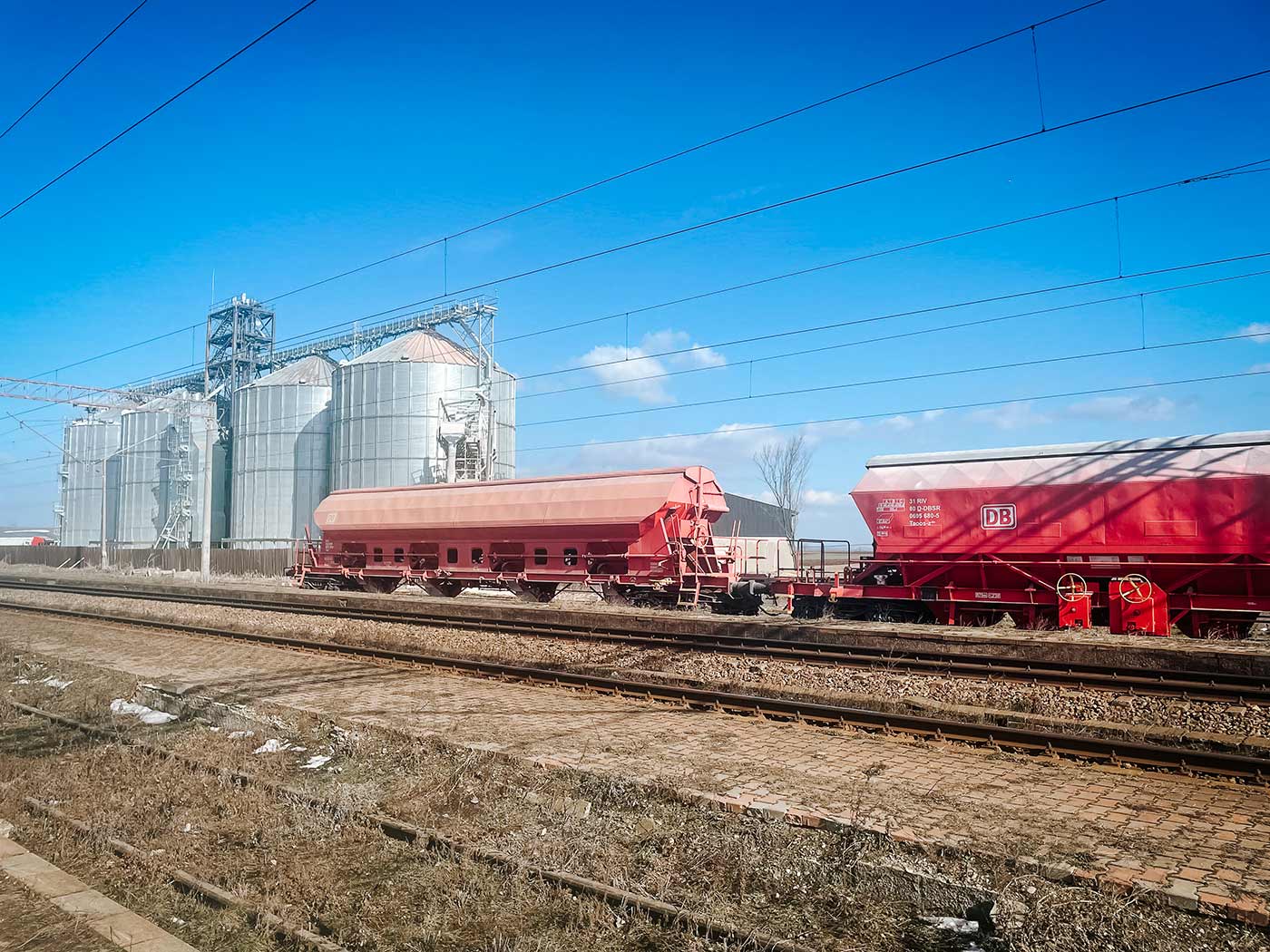European Commission ends embargo on Ukrainian grain

The European Commission said it has not extended the import ban on Ukrainian grain products in five EU countries beyond Sept. 15.
Shortly after the announcement, the Polish government's spokesman cited Prime Minister Mateusz Morawiecki saying that Poland would extend the restrictions unilaterally, as Warsaw warned before.
Poland, Slovakia, Hungary, Romania, and Bulgaria requested the European Commission to ban the domestic sale of Ukrainian wheat, maize, rapeseed, and sunflower seed in these countries. The measure, instituted in May, did not restrict the transit of Ukrainian produce through the territories of the said states.
The five countries were reacting to the pressure from their farmers, who feared that cheaper Ukrainian imports would threaten domestic production. The influx of grain from Ukraine also created logistical bottlenecks.
In their Sept. 15 press release, the Commission said it had analyzed the data on the impact of exports of the four categories of Ukrainian agricultural products on the EU market, concluding that market distortions in the five member states bordering Ukraine "have disappeared."
At the same time, Ukraine agreed to introduce legal measures (such as an export licensing system) within 30 days to avoid grain surges, the Commission wrote.
Until then, Ukraine must implement effective export control measures to "prevent any market distortions in neighboring member states." Kyiv must submit the Action Plan no later than Sept. 18.
"The European Commission will refrain from imposing any restrictions as long as the effective measures by Ukraine are in place and fully working."
President Volodymyr Zelensky welcomed the EU's decision, thanking European Commission President Ursula von der Leyen for "keeping her word and following the rules of the free market."
"This is an example of true unity and trust between Ukraine and the EU. Europe always wins when the rules work and the agreements are enforced," Zelensky said on Telegram after a phone call with von der Leyen.
"It is important that European unity works on the bilateral level as well. That the neighbors would support Ukraine during the war. And if their decisions violate EU law, Ukraine will respond in a civilized way."















